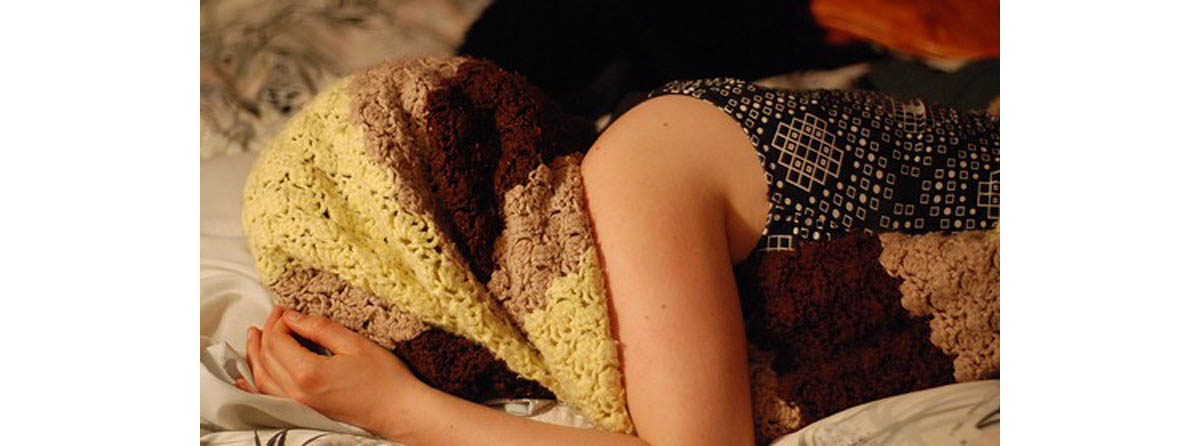Table of Contents
Do you occasionally suffer from bouts of insomnia — not being able to get to sleep for hours, no matter what you try, or waking frequently and starting the struggle to fall asleep again each time? Do you perhaps have difficulty going to sleep on a daily basis?
It’s a very common problem.
Most people have suffered from sleep problems at one time or another. It is estimated that every year 85 percent of the adult population experience difficulty with sleeping, and 10 percent are affected by long-term sleep problems. Typically the problem is either a delay in getting to sleep, or difficulty staying asleep — in other words, waking up and not being able to get back to sleep.

Apparently, sleep problems are more common in women than in men, and are generally first encountered between the ages of 20 and 40. The problem becomes much more common as people get a little older. Perhaps this is related to the life stresses and medical problems people face as they enter middle age.
Finding relief from insomnia
While there are many effective drugs to treat insomnia, some of these, such as benzodiazepines (e.g. temazepam) have acquired a bad reputation for causing "hangover" effects the next day. Many also quickly lead to dependence.
As a result, some people instead seek help from the realms of complementary and alternative medicine, known as CAM.
In a US National Health Interview Survey 4.5 percent of people admitted to having tried CAM remedies for their insomnia, and it is estimated that the national figure is 1.6 million people using CAM for sleep problems.
In another survey, of the people who used CAM in a bid to find relief from sleep problems, one third to one half reported it as helping a ‘great deal.’ The biggest draw of CAM may be that people believe that even if it does not help, it will not harm.
Which CAM therapies are used for sleep problems?
Of the vast range of CAM therapies, the most popular treatments for insomnia include preparations derived from plants such as valerian and kava; melatonin, L-tryptophan and homeopathy. There are also physical relaxing therapies, such as yoga, tai chi, massage and aromatherapy, while others seek acupuncture or variations of it like acupressure.
Do CAM therapies work for sleep problems?
A review of a large database of scientific studies on CAM insomnia remedies found that the quality of the studies was generally poor and many were too small for reliable conclusions to be drawn.
The weakest evidence was for the herb valerian.
But lack of evidence for other promising therapies such as massage, aromatherapy and homeopathy cannot be taken as meaning they do not work, it just indicates that good quality trial data are lacking.
The most reliable study evidence of effectiveness in treating insomnia is thought to come from polysomnography, the name for sleep studies. While the study participants sleep, multiple measurements such as breathing, heart rate, and electrical brain activity are taken.
- www.medscape.com/medline/abstract/16983058
- www.smrv-journal.com/article/S1087-0792(10)00044-4/abstract
- www.sleepfoundation.org/article/sleep-topics/melatonin-and-sleep
- www.ncbi.nlm.nih.gov/pmc/articles/PMC2908021/
- www.biomedgerontology.oxfordjournals.org/content/54/8/M389.short
- Photo courtesy of Jennifer Brandel by Flickr : www.flickr.com/photos/newneonunion/536714593/
- Photo courtesy of UNE Photos by Flickr : www.flickr.com/photos/unephotos/7002024265/
- www.medscape.com/viewarticle/803722_2


Your thoughts on this